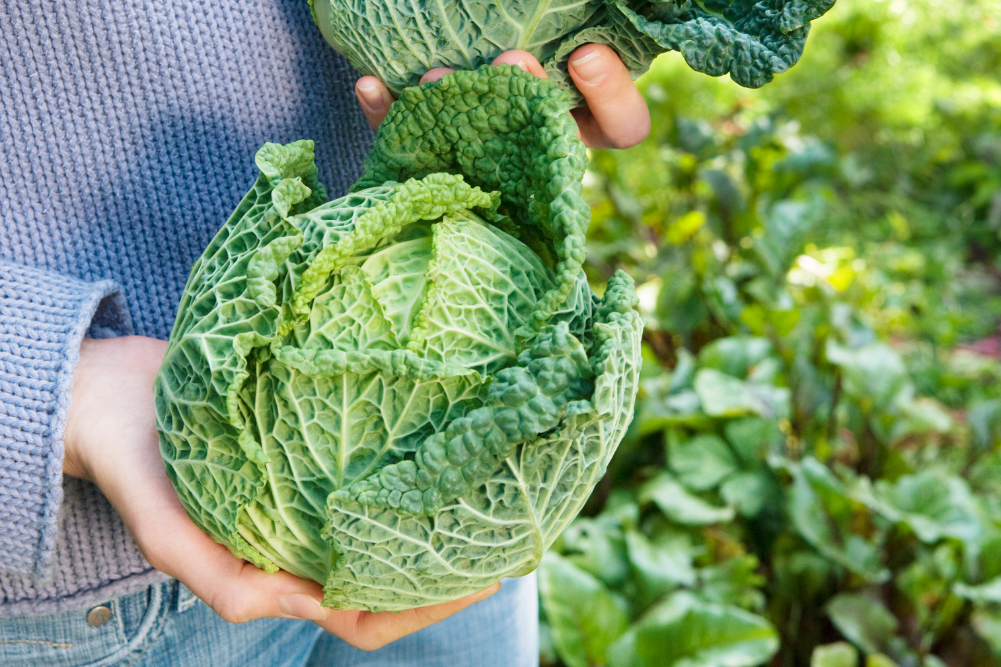Holistic vet care 101: Understanding pet food allergies
Karen Goldrick explains how pet food allergies can impact your pet’s health, what the symptoms of this look like, and how to test your pet’s immunity.
Food allergy is an immune response to food, resulting in clinical symptoms such as inflammation, skin redness, itch, gut symptoms, respiratory signs, conjunctivitis or ear inflammation. Pet food allergies might be suspected in dogs and cats with year-round symptoms or with concurrent gut and skin symptoms.
Food intolerance is a different reaction to food that is not immune-mediated and may be due to other factors, such as digestive enzyme deficiency such as lactose intolerance, or inability to digest specific nutrients like fat or fibre. Gut symptoms are more likely to predominate.
As holistic vets, we view the role of food in other ways. Poor-quality ingredients may be contaminated with heavy metals, pesticides or herbicides. Chronic exposure damages the gut, leading to dysbiosis, as well as damaging cells in other organ systems and contributing to chronic degenerative diseases. This is a more long-term view of the effect of food.
Dysbiosis results in leaky gut syndrome, where poorly digested food is absorbed and is more likely to trigger an adverse or allergic reaction.
The energetics of food
When taking Traditional Chinese Medicine (TCM) imbalances into consideration, we try to think about the energetics of foods, based on Chinese medicine principles. Foods have certain tastes and properties that we can use to enhance and support other treatments including herbal formulae and acupuncture.
In TCM, inflammation can be a form of “damp heat”. This might be triggered or perpetuated by the feeding of ingredients that are considered “hot”. Examples of “heating” foods are lamb or lamb liver, and diets that are cooked at high temperatures or highly processed. “Warming” foods may include beef or chicken. “Cooling” meats include turkey, ocean fish and rabbit.
However, TCM food energetics are based on thousands of years of tradition in Chinese people, and these may not always translate to our domestic pets and the foods they now eat.
Food trials
A food trial is used to test for pet food allergies or food sensitivity in dogs and cats. From a conventional perspective, a food trial is like a controlled scientific experiment, where your pet must only eat the prescribed diet for the prescribed time. Holistically it may be thought of as a cleanse or detox. There are three approaches to the diet: a prescription diet using a hydrolysed protein, a commercial diet with limited ingredients and a novel protein or a homemade diet.
Hydrolysed proteins are processed to become small molecules that don’t trigger an allergic response when they cross the gut barrier. If skin or gut symptoms improve while on this trial, this is consistent with a food allergy. The advantage of these diets is they are ready to go, and balanced, which may be important for instance if feeding a growing dog. The disadvantage from a holistic perspective is that the ingredients and processing may themselves tend to create inflammation. Moreover, they are not always palatable.
Commercial diets using limited ingredients and novel proteins may be a better choice. They are balanced and are usually wet food, which has less inherent “heating” effect. They are convenient. Choice of the novel ingredient requires an extensive food history questionnaire. One risk of commercial diets used in diet trials is that there may be contamination with other ingredients at the processing plant. Another challenge when choosing novel proteins is the role of “cross-reactivity” — where, for example, turkey may cause reactions in pets allergic to chicken. Cross-reactivity may also occur between goat and lamb, and between venison and beef.
Where possible I actually prefer homemade diets. These will not be balanced, and will consist of two or maybe three novel ingredients. For dogs, a protein (50–60 per cent of the diet), grain-free carbohydrate such a sweet potato or butternut pumpkin and maybe a green vegetable. Organic free-range human-grade ingredients are preferred, or the best that can practically achieved. A food trial is a bit like a cleanse, and sometimes simplifying the diet will help heal the gut and down-regulate immune imbalances.
Food trials are carried out for a minimum of six to eight weeks, although when taking the detox approach I prefer at least three months. Once the trial is completed, a sequential challenge is carried out, to confirm the role of food causing symptoms, and to create a list of “safe” foods. I challenge by adding in one ingredient at a time, ideally using good-quality proteins, to minimise the effect of the chemical load. Generally, if the ingredient is reactive, there will be a flare-up within a few days, but we continue each new ingredient for two weeks. The goal is to establish two or three proteins that can be rotated for ongoing feeding.
During the initial food trial, symptoms will need to be managed, but ideally your pet is off all medications, and even herbs and supplements, for the last four weeks of the trial. Gut repair and biome restoration are an important part of the treatment.
Food trials can be tedious and difficult, especially in fussy pets. Ultimately when choosing diets for food trials, and for ongoing nutrition, I will use the diet that the pet will eat, and that keeps them symptom-free and in good health, even if in the end it is a commercial diet.
Karen Goldrick is a holistic veterinarian at All Natural Vet Care, Russell Lea, Sydney. T: 02 9712 5844 W: www.naturalvet.com.au.







